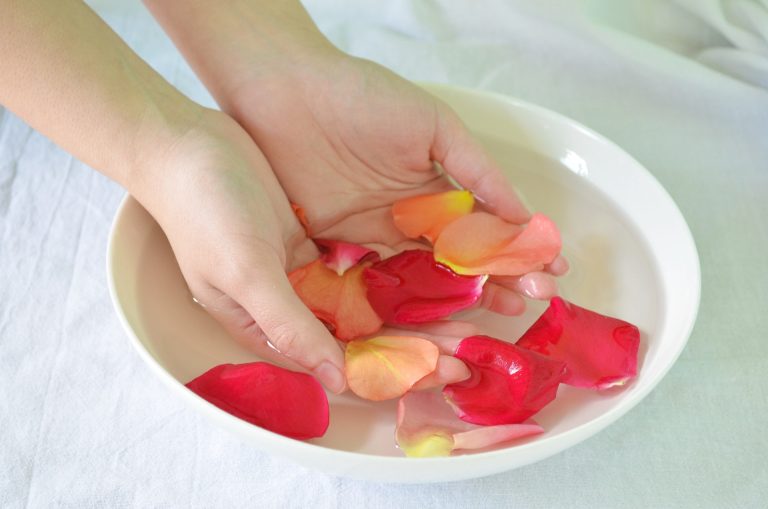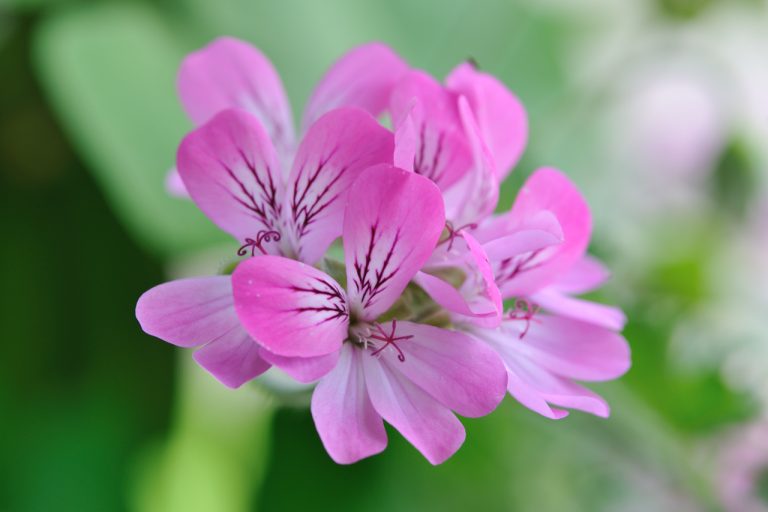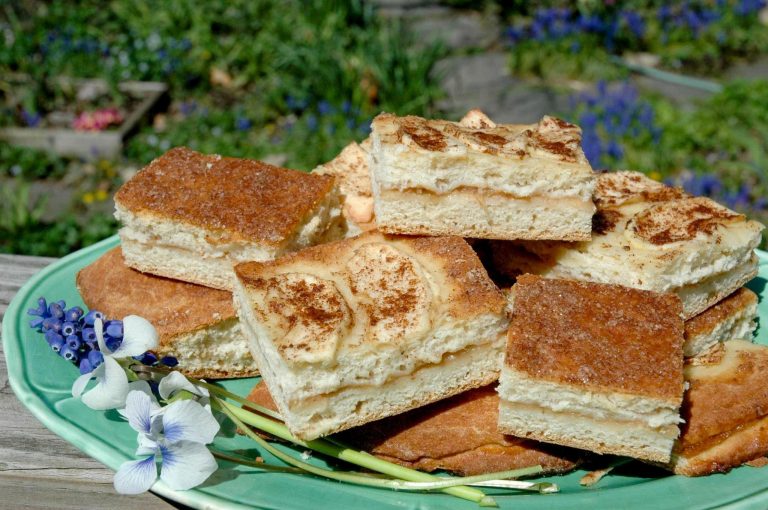Roses have been treasured for thousands of years, not only for their intoxicating fragrance, but also to enhance health, beauty, and even culinary creations. To capture their universally admired scent, rose essential oil (rose attar) is extracted by steam-distilling rose petals, yielding the equally remarkable byproduct of rose water.
What is rose water?
Rose water is simply distilled water infused with the natural scent, flavor, vitamins, and other beneficial compounds present in rose petals — including traces of rose oil. Even a drop of rose oil has immense benefits, making rose water a convenient elixir for health and beauty.
Following the scent
Roses have always been a part of human culture. While fossil records of roses date back over 30 million years, emerging civilizations are believed to have begun cultivating the plant some 5,000 years ago. The benefits of rose water were recognized as early as the Roman Empire, with the notorious Nero reportedly showering his guests with the scented mist.
In China, rose tea is believed to help regulate qi, or life energy; and rose flowers (Méiguī 玫瑰) have long been used in traditional Chinese medicine.

Persian chemists in the medieval Islamic era perfected a more cost-effective and efficient method for processing roses through steam distillation. The process was used extensively in Persia, where rose water, called “gulab,” had medicinal, culinary and spiritual applications.
Success
You are now signed up for our newsletter
Success
Check your email to complete sign up
Under Persian influence, rose water’s popularity grew in India, where it is commonly used in ayurvedic medicine, added to desserts, and even enhances laundry service.
In medieval Europe, rose water was often used in perfumes, or as a hand-washing agent during feasts.
Rose water was traditionally distilled from the Damask rose (Rosa × damascena), but modern manufacturers now employ a variety of rose species, including wild rose (Rosa acicularis) and cabbage rose (Rosa centifolia).
Practical uses of rose water
As beauty products
As a natural skin and hair tonic, rose water is a common ingredient in cosmetics such as cold creams, toners, moisturizers, and face wash. Its enchanting fragrance is a natural substitute for chemical-laden perfumes. Rose water ointment is used as an emollient on grand occasions.
Religious
Rose water is regarded as sacred and auspicious in India, where it can be found in the cabinet of every home. With the power to combat evil and bring purity and tranquility to both the individual and the environment, rosewater is used on all incense sticks used at home and in temples.
Since it is believed that the aroma of rose water pleases the Gods, it is one of the major ingredients while performing Abhishek to the deities. It is also widely used to welcome guests at Indian weddings.
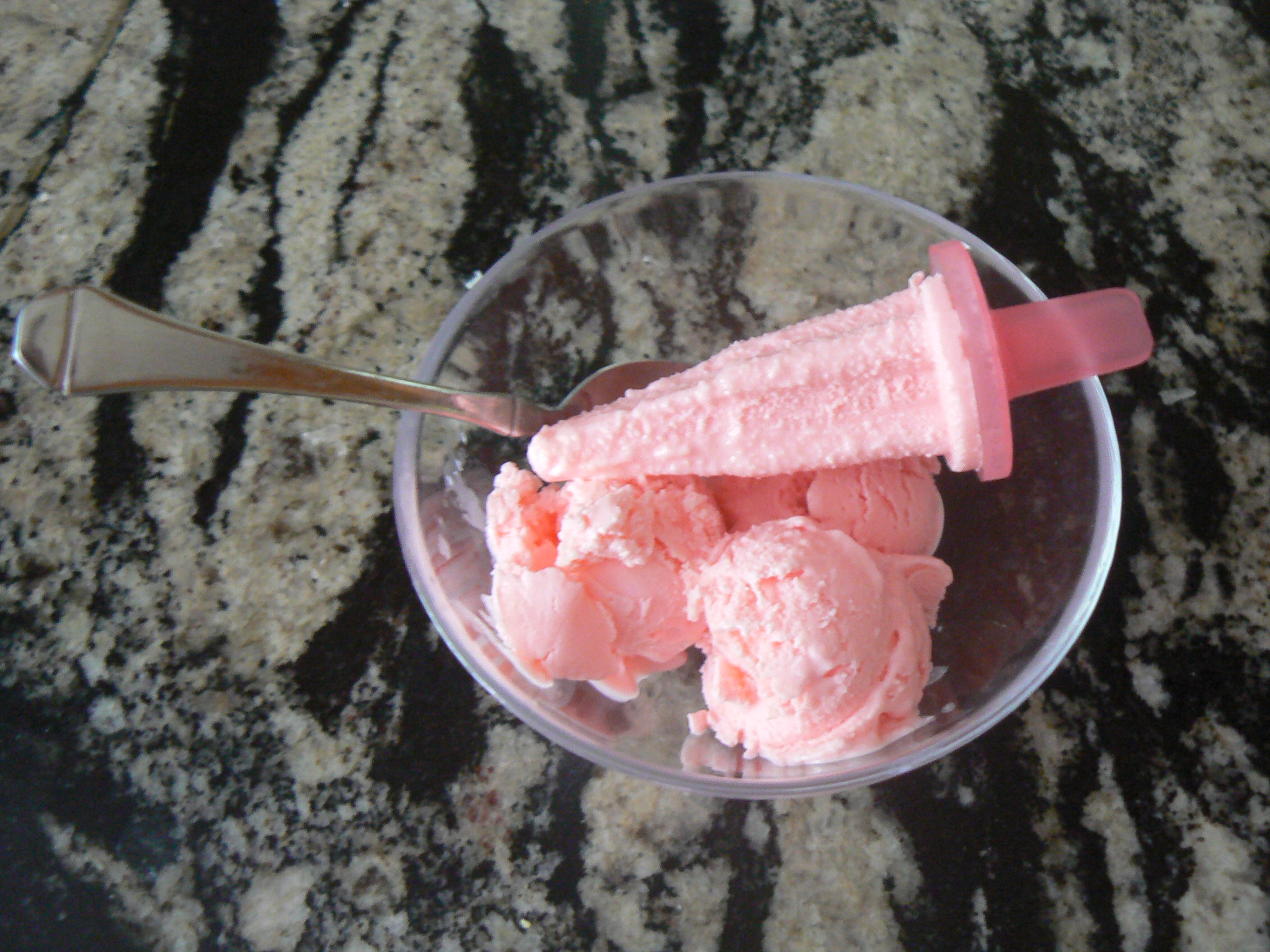
Culinary uses:
Rose water smells and tastes like roses, and adds a floral accent to any dish to which it is added. A popular component in many different cuisines around the world, rose water has a sweet, aromatic, and robust flavor. It is often used in water to mask unpleasant odors and tastes.
Rose water is a frequent component in South Asian and Middle Eastern desserts and sweet recipes, where it can enhance the flavor of dairy, baked goods, rice pudding, marzipan and other sweets. In Iran, it is also used in savory dishes.
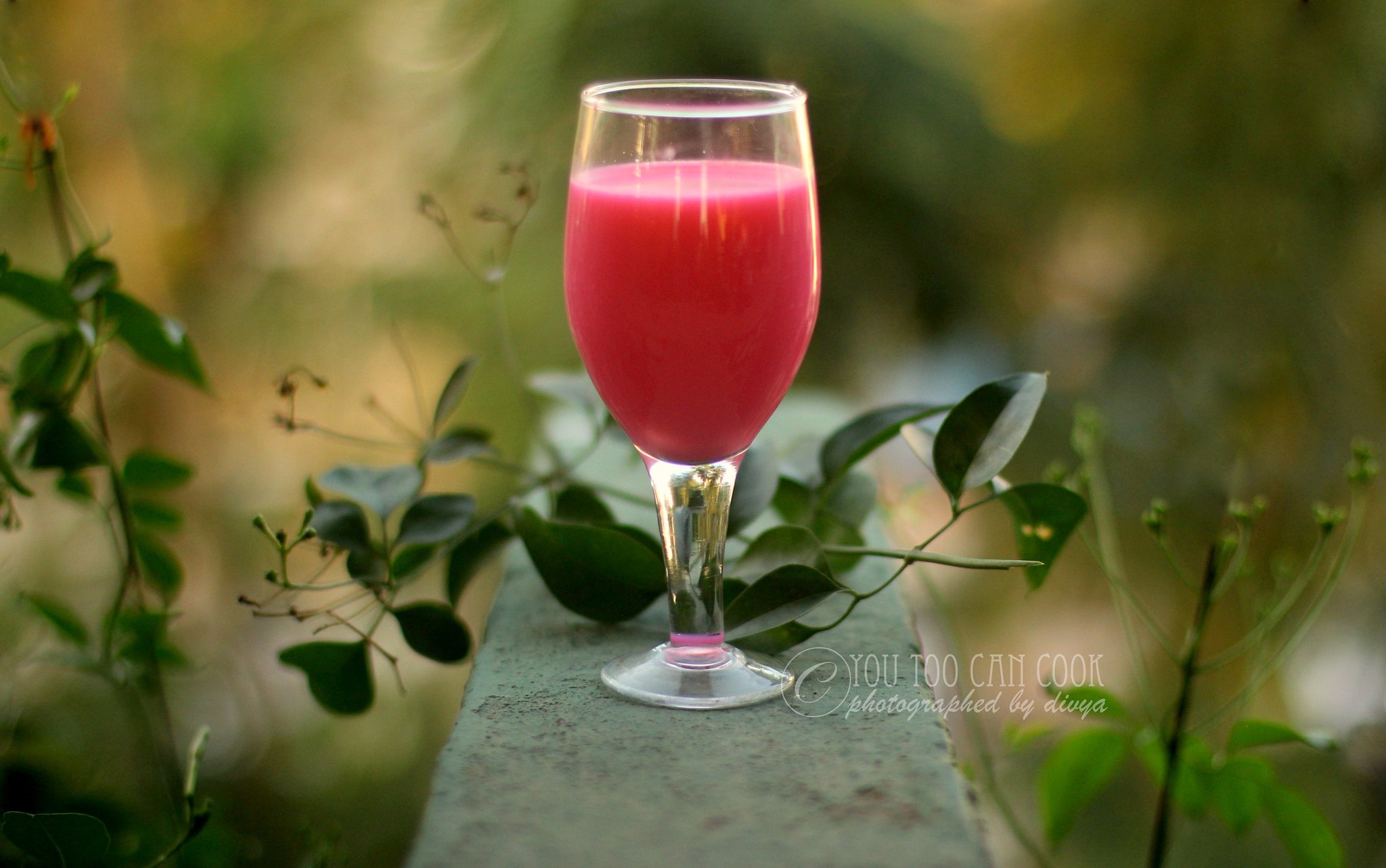
Rose water is commonly used in Islamic nations as a halal alternative for red cooking wine and other alcohol. The Abu Dhabi Grand Prix, Bahrain, and the Premier League reward Muslim players by supplying a rose water-based beverage instead of champagne.
Rose water for better health
Rose petals are a good source of vitamins A, C and E, as well as the minerals Iron and Calcium. Rose water contains five medicinal properties: anti-inflammatory, antioxidant, antiseptic and antibacterial, and astringent.
Boosts immunity
An infusion of rose petals provides Vitamin C to support the immune system in fighting infection. Rose water (or tea) can be helpful in soothing sore throats and other cold symptoms.
Aids digestion
Rose tea has been shown to increase bile production in the liver. This action can improve digestion and ease constipation.
Improves skin and hair
The antiseptic and antibacterial properties present in rose petals are useful in treating skin-related issues — including acne, abrasions, burns and scars. The anti-inflammatory properties help decrease swelling and redness, while the low pH of 5.5 aids in the restoration of natural equilibrium. A natural hydrator, rose water can also help reduce the appearance of wrinkles.
Rosewater is also known to have a cleansing and nourishing effect when used on hair.
Reduces stress and improves sleep
The aroma of roses is believed to reduce stress and anxiety, promoting relaxation. Rose tea before bed can boost the release of oxytocin — the “feel good” hormone — to help you get sufficient sleep for proper restoration and regeneration at night. To enhance the calming effect, spray a mist of rosewater over the bed, pillows, feet, and face to get a good night’s rest.
Naturally promotes wellness
Polyphenols are antioxidants found in rose petals that help protect the body’s cells from damage. They have proven effective in reducing the risk of cognitive diseases, diabetes, heart disease, and obesity.
The anti-inflammatory activity of rose petals has been compared with over-the-counter painkillers like aspirin or ibuprofen, providing natural relief, with zero side effects.
Make your own rose water at home
There are a number of ways to make rose water. The simplest method is to simmer rose petals in distilled water. While you can use dried petals to make rose water, fresh petals are preferable. Be sure to source organic roses either way, to limit your exposure to chemical pesticides.
- Gently pluck the petals from about four roses, or enough to fill one cup (English, French or cabbage roses have an abundance of fragrant petals). If fresh flowers are not available, use ⅓ cup of dried petals.
- Wash the petals to remove small insects or debris.
- Place the petals in a ceramic pan, and just cover them with distilled water (1 ½ cup)
- Bring to a simmer, cover and cook on low heat for 20 to 25 minutes, or until the color has transferred from the petals to the water.
- Remove from heat, and allow to cool, covered.
- Strain the liquid into a clean jar and refrigerate for up to a month.
- Adding a few drops of vodka can help preserve it for longer periods without harming its scent.
READ ALSO:
- Jasmine – The Flower That Makes Ordinary Tea Extraordinary
- Healing Herbs and Spices of India, Part IV: White Lotus
- The Enchanted Elder: Folklore, Medicine and Cultivation of Elderberry
Ila Bonczek contributed to this report.



